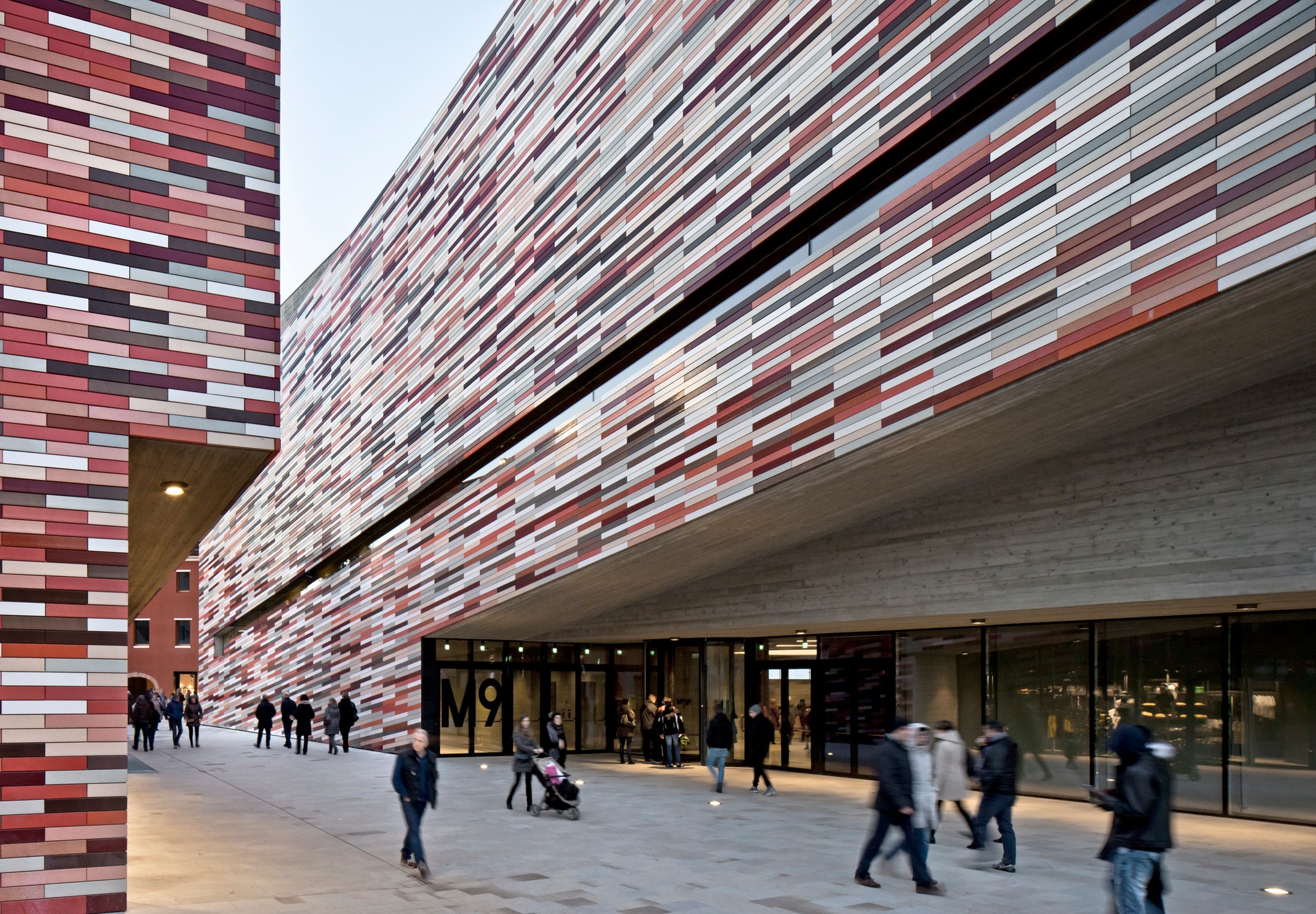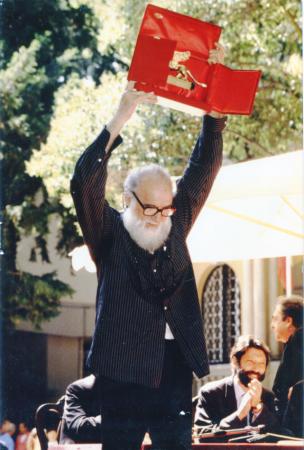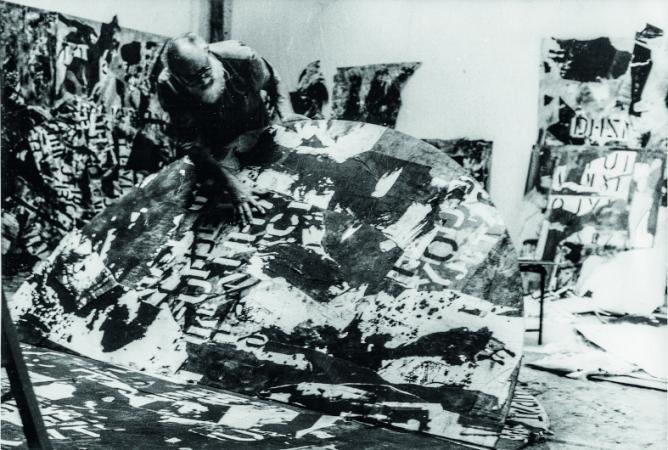“Rivoluzione Vedova” at M9 Museum in Mestre, a new exhibition experience
On May 5, 2023, a new exhibition itinerary will open at M9 – Museo del ‘900 in Mestre (Venezia), innovating its program with a contemporary art exhibition entitled Rivoluzione Vedova. M9, which is an immersive and digital museum focused on the narration of twentieth-century history, opens up on this occasion to a new communicative and analysis medium. Designed and curated by the Fondazione Emilio e Annabianca Vedova, with the curatorship of the former Musei Civici di Venezia director Gabriella Belli and production of Studio Alvisi Kirimoto, the exhibition will explore and understand the social, cultural, political and economical history through the works of one of the main interpreters of the twentieth-century Italian art scene, Emilio Vedova.
Rivoluzione Vedova will be open to the public until November 29, 2023. It will be the first of a series of biennial exhibitions dedicated to art history protagonists who have revolutionized the art world and its rules, demonstrating to be civically engaged also through original and innovative contributions.

M9 Museum, Mestre. Courtesy M9-Museo del Novecento
Emilio Vedova has been chosen as the first of these artists, a witness and interpreter of current events and modernity throughout his production, representing the Italian “Arte Informale” movement. Always free and dissident, he has never lost the chance to express his interest in politics and activism, becoming partisan during the Second World War and, in 1968, taking part in students’ protests. Social tension is expressed in his works, always looking for new goals and innovations. Throughout his career, Vedova has taken part in the most important international art exhibitions, like Venice Biennale and Documenta Kassel.

Emilio Vedova wins the Leone d’oro at “XLVII Esposizione Biennale Internazionale d’Arte”, Giardini and Arsenale, Venezia, 1997. Courtesy Fondazione Vedova
Among the works selected for the exhibition, some are concretely showing the artist’s approach to Italian twentieth-century history, being bounded to crucial historical events that occurred during Vedova artistic period. Some of these works are Diario partigiano, Diario di Corea, Praga 1968, Chi brucia un libro brucia un uomo, oltre al grande ciclo …in continuum, compenetrazioni/traslati ’87/’88 e i sette plurimi dell’Absurdes Berliner Tagebuch ’64.

